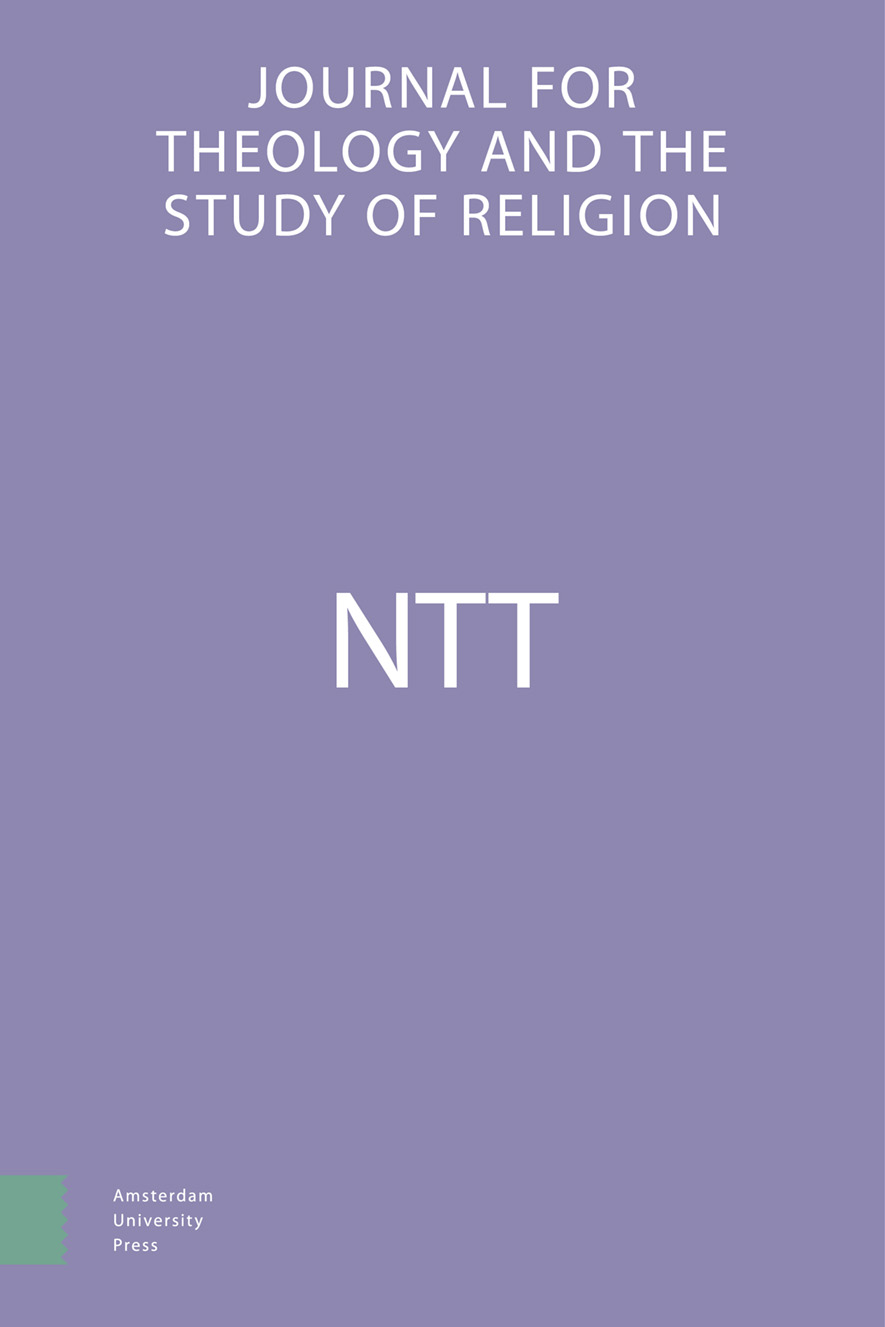-
oa Providence and contingency
*A first version of this paper was read in a joint research seminar of the Department of the History and Philosophy of Religion of King’s College, London, and the Department of Philosophy of Religion and Ethics of Utrecht University. This seminar took place at Rogate U.K. in May 1986. I want to thank my colleagues for their useful comments and suggestions.
- Amsterdam University Press
- Source: NTT Journal for Theology and the Study of Religion, Volume 41, Issue 1, Jan 1987, p. 48 - 59
-
- 01 Jan 1987
Abstract
Against the background of recent philosophical and theological discussions, the aim of this article is to find a viable way to speak coherently about (special) providence. It is suggested that the doctrine of providence should be worked out within a trinitarian framework: God’s agency in the world is to be characterized (1) as the revelation (in Jesus Christ) of his purposes of love and salvation; (2) as the inspiration of man (by the Holy Spirit) to pursue these purposes; and (3) as the (re-)creation of the conditions that enable human beings to participate in God’s providential agency. Within the context of this interpretation, on the one hand real contingency is presupposed as a necessary condition for human freedom. On the other hand, belief in providence is to be seen as an expression of trust: Whatever happens, God will eventually realize his purposes of love and salvation, and human beings are called to participate in his providential agency.


